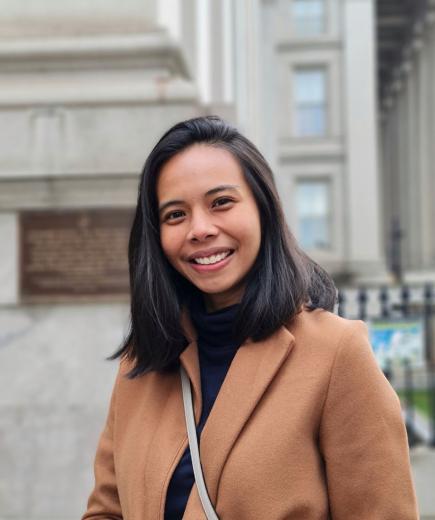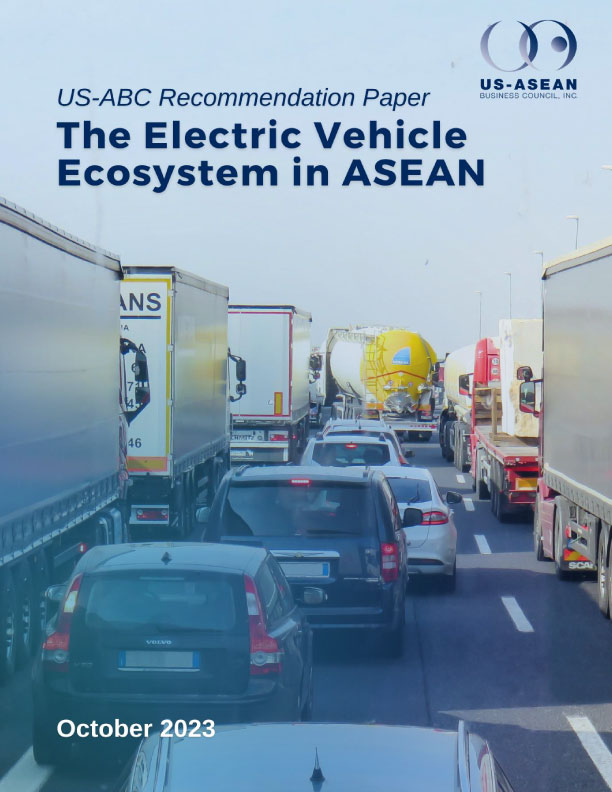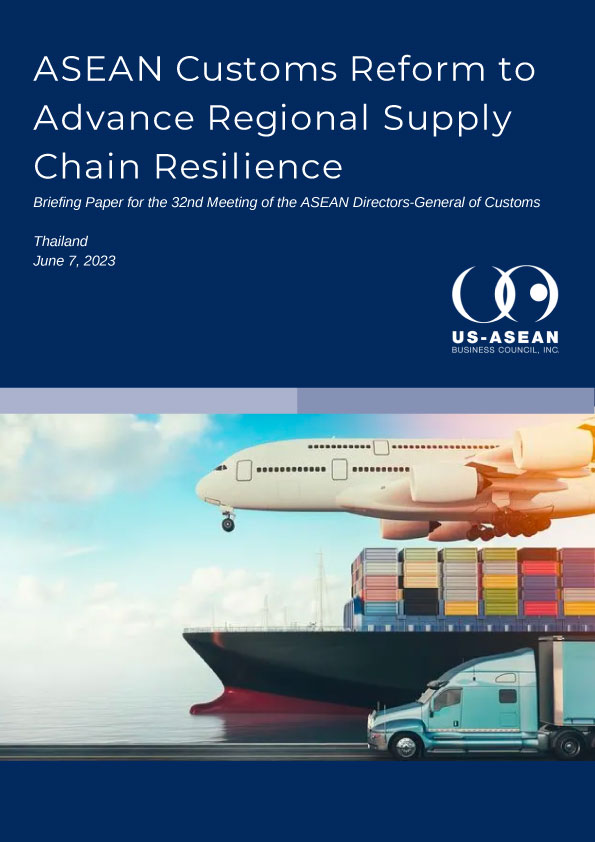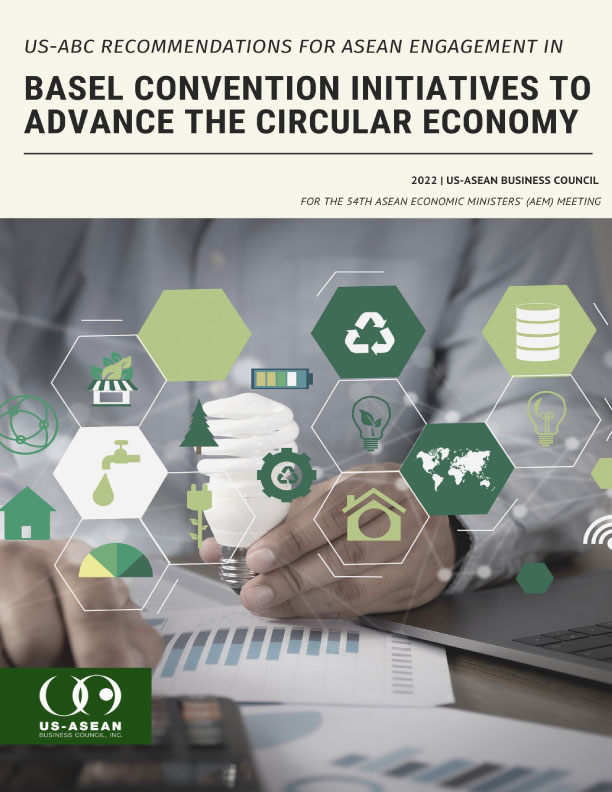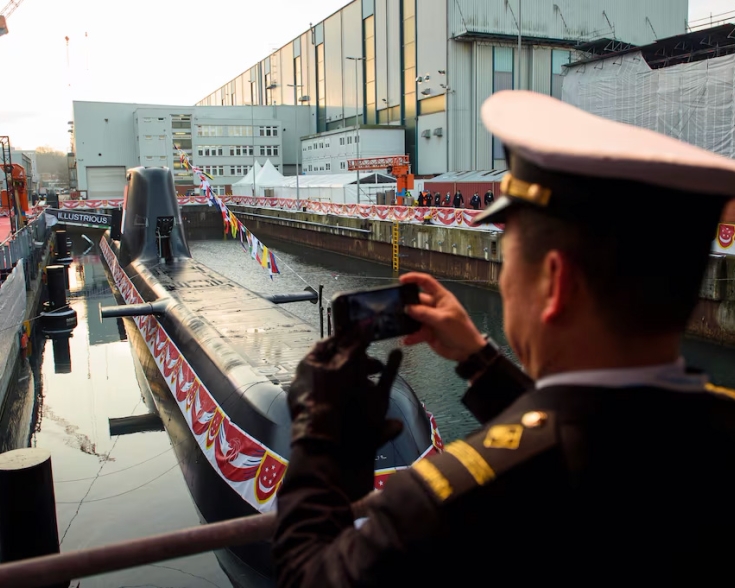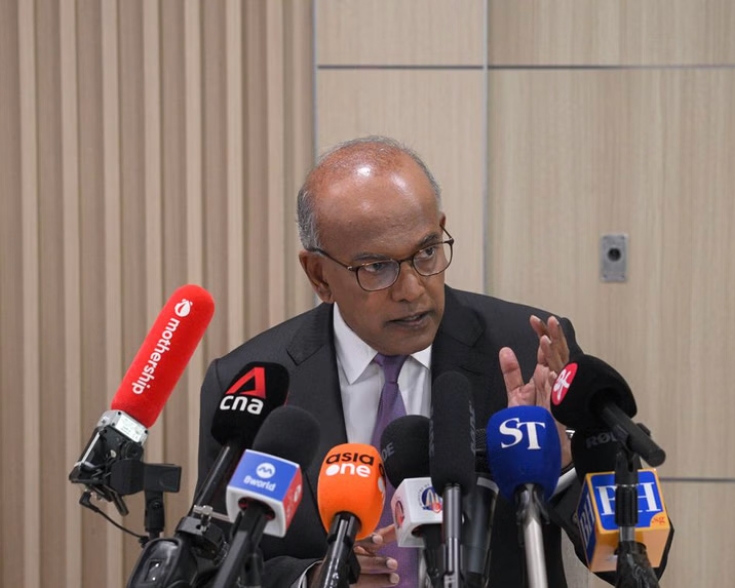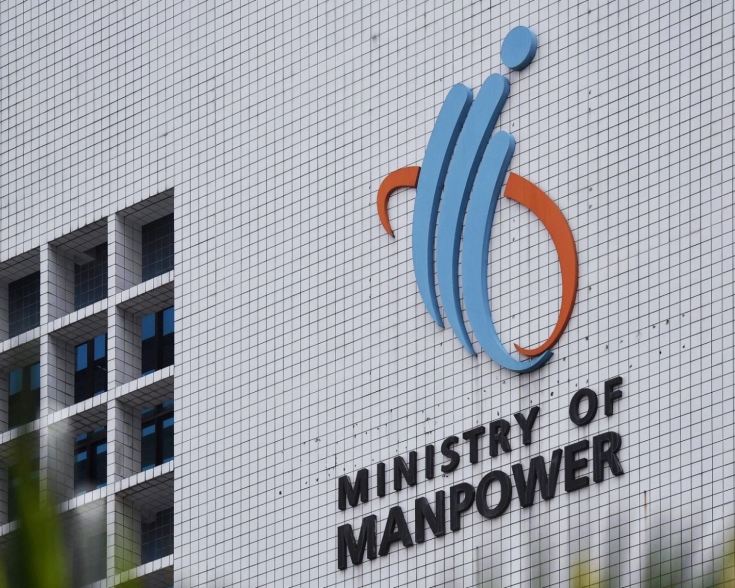Committee on Supply Debates Highlight Initiatives to Promote Singapore’s Global Business Hub Status and Its AI-Enabled Environment
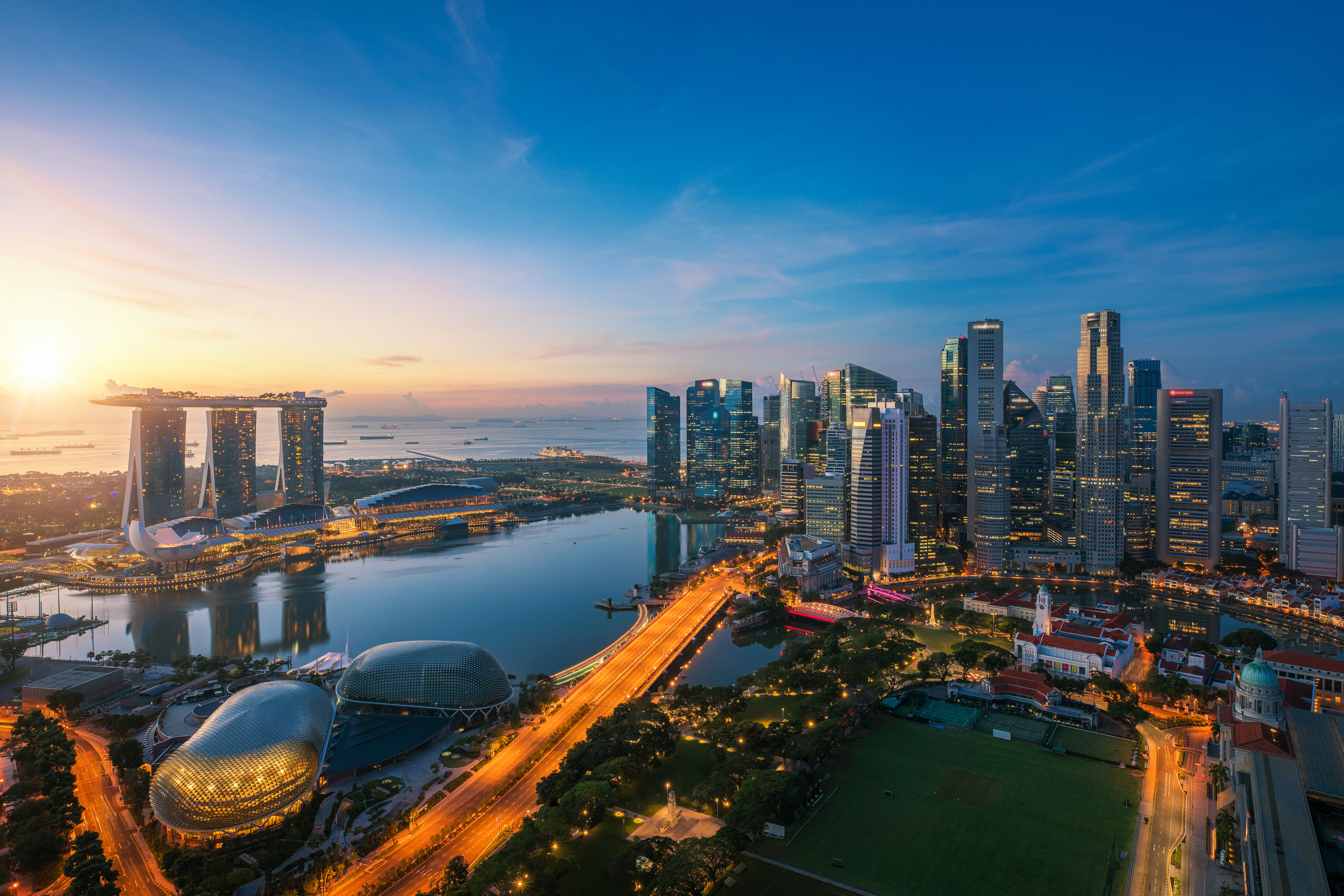
Following the Budget 2024 announcement, the Committee on Supply (COS) commenced discussions to examine the budgets of individual Government ministries for the upcoming year. Members of Parliament (MPs) raised questions regarding the suggested spending and initiatives, while the Ministries had the chance to explain the necessity of their budget allocations. Of particular significance were Singapore's role as a prominent global business hub and the development of an environment enhanced by AI.
On March 1, Minister of State Alvin Tan outlined Singapore's strategies to strengthen its global hub status by focusing on two key areas: building a vibrant lifestyle and economic center and enhancing international networks and partnerships. Tan expressed confidence in Singapore's MICE tourism sector, citing successful events like Singapore International Energy Week and Singapore International Cyber Week. Additionally, Singapore plans to host prestigious events such as the Global Sustainable Tourism Council Global Conference and NRF 2024: Retail’s Big Show Asia Pacific. Tan also proposed three measures to maintain Singapore's global trade competitiveness: advancing trade and investment collaborations, supporting local companies to expand internationally, and promoting new trade flows. Under these proposals, Singapore aims to pioneer new agreements beyond FTAs in new growth engines such as Digital Economy Agreements and Green Economy Agreements, as well as new trade flows in areas like credits and biofuels.
On the same day, Minister for Communications and Information Josephine Teo described Singapore's plans to harness technology, bolster trust in the digital domain, and protect its infrastructure. The Ministry of Communications and Information (MCI) aims to enhance Singapore’s AI capabilities while mitigating associated risks. The COS 2024 debates reaffirmed a commitment to invest over S$1 billion in AI development, focusing on nurturing local AI talent. The importance of frameworks for AI governance such as the Advisory Guidelines on the use of Personal Data in AI Recommendation and Decision Systems, Model AI Governance Framework for Generative AI, and the ASEAN Guide on AI Governance and Ethics was also emphasized. To uphold trust in the digital domain, Teo cited that the expanded coverage under the amendments to the Cybersecurity Act will raise the cybersecurity of Singapore’s digital infrastructure beyond what it covers today. Additionally, MCI announced that the inter-agency Taskforce on the Resilience and Security of Digital Infrastructure and Services is studying the introduction of a Digital Infrastructure Act (DIA) to enhance the resilience and security of key digital infrastructure and service through higher security and resilience standards meant to reduce the likelihood of systematic disruptions. MCI will continue to consult industry players and relevant stakeholders and ensure coherence in requirements between the DIA and the Cybersecurity Act.
